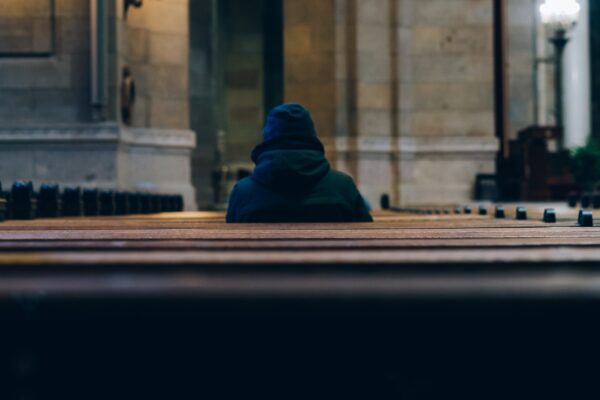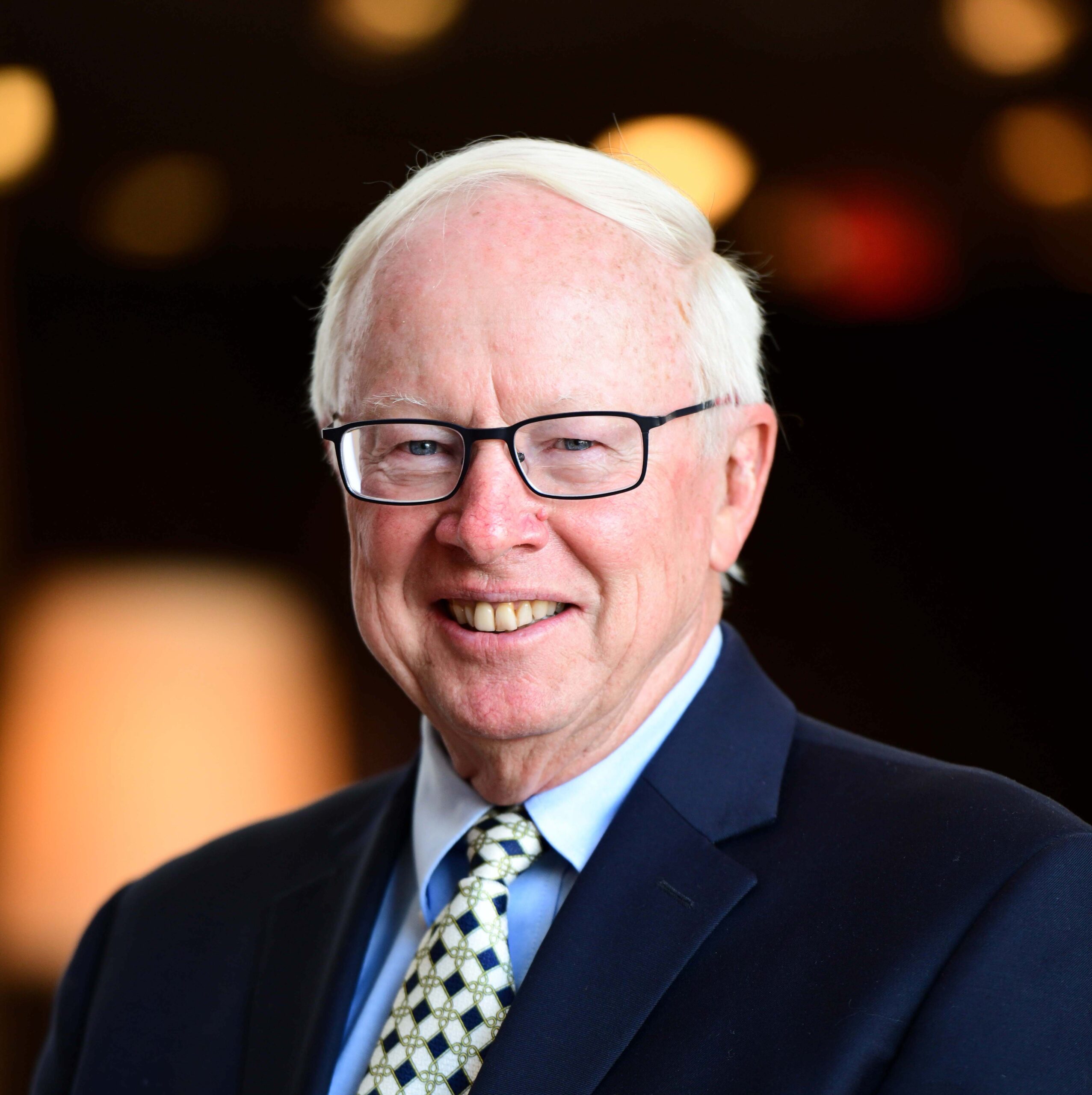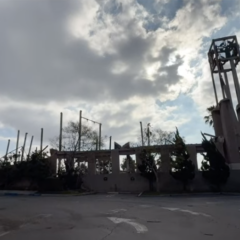I recently argued in a piece for Religion News Service that the pandemic is leading religious institutions and our moral perceptions through a process of creative destruction, one in which an increasing awareness of our interconnectedness will guide us to an ethic of care.
As hopeful as stories of people doing good might be, I also fear the negative long-term impact of the pandemic on religious institutions and non-profits, both locally and internationally.
Both in the United States and many other parts of the world, religious organizations play a central role in responding to the needs of vulnerable people. The United Nations has warned that the COVID-19 pandemic could push half a billion more people into poverty globally, which is especially alarming given the reductions in poverty that have been occurring for the last decade in many developing countries. The economic crisis brought on by the pandemic, as well as the insularity caused by it, are likely to make it even more difficult for faith organizations to respond to both existing and new needs.
In confidential conversations with leaders of faith-based humanitarian organizations, it is clear that fundraising is taking a hit. One Christian organization with a global reach is reducing staff by ten percent, which will greatly impact their ability to serve people affected by war, poverty and hunger. Friends heading religious non-profits in both Lebanon and Rwanda have told me that their organizations are experiencing extreme demands and substantial declines in funding, although the recent explosion in Beirut may temporarily reverse this trend.
Foundations are struggling to honor their commitments to international religious charities. In the United States, foundations are required to give annually 5 percent of their assets to charitable causes. When the stock market is increasing more than 20 percent a year, as it did in 2019, meeting their legal requirement is easy. But the foundation staff with whom I have talked say their institutions are projecting growth of only 5 or 6 percent over the next decade, making their long-term strategies for giving much more conservative. Many foundations question the recent run-up in stock prices as being sustainable.
Likewise, individual donors are cutting their contributions. Some have decided to save for a rainy day, and others are out of work and need to conserve all of their resources for their own families. Americans have traditionally given more to charity on a per capita basis than almost any other country, but the uncertainty of the economic future is challenging many people’s generosity.
Local non-profits are particularly under threat. They are unable to hold in-person fundraising events, which are often the lifeblood of their annual appeals for money. And, in some instances, they are limited in providing services because of the shutdowns. Professor Steven Windmueller predicts that many Jewish non-profits will not make it through the pandemic. Some will need to shutter and others will undergo large-scale reorganization, which is a trend that will undoubtedly occur in other faith-based non-profits.
Religious organizations in the global south are struggling too. For example, the leader of a network of Catholic congregations in Africa told me that many sisters teaching in private institutions are out of work because the government has closed schools due to the pandemic. These sisters have a community that will nurture them through the shutdown, but many congregations are running on emergency funds, with partners in Europe unable to support them as much as in the past. Many Catholic countries in Europe have been hard hit by the pandemic.
Mission trips by Evangelical groups in the US also are on hold because of flight restrictions, with implications for establishing and continuing financial support of charitable activities. We are in the midst of a paradigm shift with regard to our sense of global citizenship, with nativism increasing.
I suspect we will be staying in our cocoons for quite a while, avoiding international travel and taking care of personal needs rather than global concerns. The long-term impact of the COVID-19 pandemic on our psyches and our sense of solidarity could exacerbate the declines of support, making this crisis different from past economic recessions.
Even before COVID-19 attendance at religious services in the US was declining, and especially among young people. Now, clergy have struggled heroically with producing online worship services, but the quality is mixed and often uninspiring.
The French sociologist Emile Durkheim argued a hundred years ago that the essence of religion is “collective effervescence.” This is difficult, if not impossible to achieve while sitting at one’s computer, watching others perform religious rituals.
It is highly unlikely that people will give up religion entirely. Instead, it will continue to morph and change, probably along the same cultural lines as before the pandemic—namely, becoming more individualistic, less communal and less institutional, which is something that Durkheim predicted.
The longer the pandemic lasts, the more likely it is that people will decide they can get along without formal religion. In the process their financial contributions will lag, making it more difficult for religious institutions to serve people.
It will require a powerful prophetic voice to give people hope, and my fear is that some people will latch on to a demagogue who offers false promises—or perhaps they have already.
Photo by Ricardo Esquivel from Pexels
Donald E. Miller is the co-founder of the USC Center for Religion and Civic Culture.






